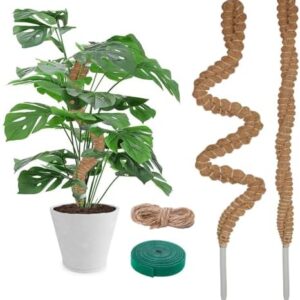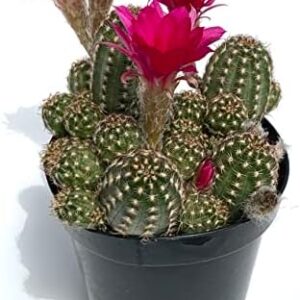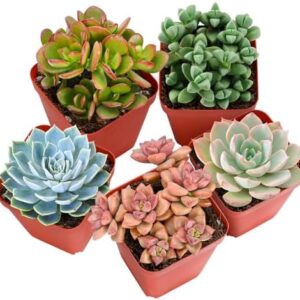When you decide to propagate your plants through cuttings, it can be a really exciting process. You’re essentially creating new life from a part of an existing plant, and there’s something truly satisfying about watching those little roots sprout and grow. But what do you do when your cuttings just aren’t rooting? It can be frustrating, especially when you’re putting in the effort and not seeing the results you want.
There are a few common reasons why your plant cuttings might not be rooting, and luckily, there are some simple steps you can take to fix the problem. Let’s dive into the most common issues and how you can address them to ensure successful propagation.
One of the most common reasons why your plant cuttings might not be rooting is inadequate moisture levels. Plants need a consistent level of moisture to develop roots, and if the cutting dries out too much, it simply won’t be able to grow roots. On the flip side, if the cutting is too wet, it can lead to rot and inhibit root growth as well.
To address this issue, make sure you’re keeping your cuttings in an environment with high humidity. You can achieve this by covering your cuttings with a plastic bag or placing them in a greenhouse. Another tip is to mist your cuttings regularly to ensure they stay hydrated without becoming waterlogged.
Another common issue that can prevent your cuttings from rooting is improper lighting. Plants need light to photosynthesize and grow, and if your cuttings aren’t getting enough light, they won’t be able to develop roots. Make sure your cuttings are placed in a location with bright, indirect light. If you’re using artificial lighting, opt for a grow light specifically designed for plants to ensure they’re getting the right spectrum of light for root development.
Temperature is another factor that can impact root growth in your plant cuttings. If your cuttings are too cold, they might not be able to develop roots properly. On the other hand, if they’re too warm, it can lead to excessive transpiration and hinder root growth.
To address this issue, make sure your cuttings are kept in a location with a stable temperature between 65-75 degrees Fahrenheit. You can also use a heating mat to provide consistent warmth, especially if you’re propagating in a cooler environment.
One often overlooked factor that can impact root growth in your plant cuttings is the type of cutting you’re using. Not all plants root easily from cuttings, so it’s important to do your research and choose the right type of cutting for the plant you’re trying to propagate.
Softwood cuttings, which are taken from new growth, tend to root more easily than hardwood cuttings, which are taken from mature growth. Additionally, some plants simply root better from specific parts of the plant, such as the tip or a node. Make sure you’re following the proper techniques for taking and preparing your cuttings to give them the best chance of rooting successfully.
If you’ve addressed all of these common issues and your plant cuttings still aren’t rooting, there are a few additional steps you can take to encourage root growth. One method is to use a rooting hormone, which can help stimulate root development in your cuttings. Simply dip the cut end of your cutting in the rooting hormone before planting it in the soil to give it an extra boost.
Another method you can try is to use a rooting medium specifically designed for cuttings, such as perlite or vermiculite. These materials provide excellent aeration and drainage, which can promote healthy root growth. Make sure you’re using a clean and sterile medium to prevent any issues with pests or diseases.
If you’re still having trouble getting your plant cuttings to root, don’t get discouraged. Sometimes it just takes a little trial and error to figure out what works best for your specific plants. Keep experimenting with different techniques and don’t be afraid to ask for help from fellow plant enthusiasts or professionals. With patience and perseverance, you’ll eventually see those roots sprout, and you’ll have a whole new generation of plants to enjoy. Happy propagating!






